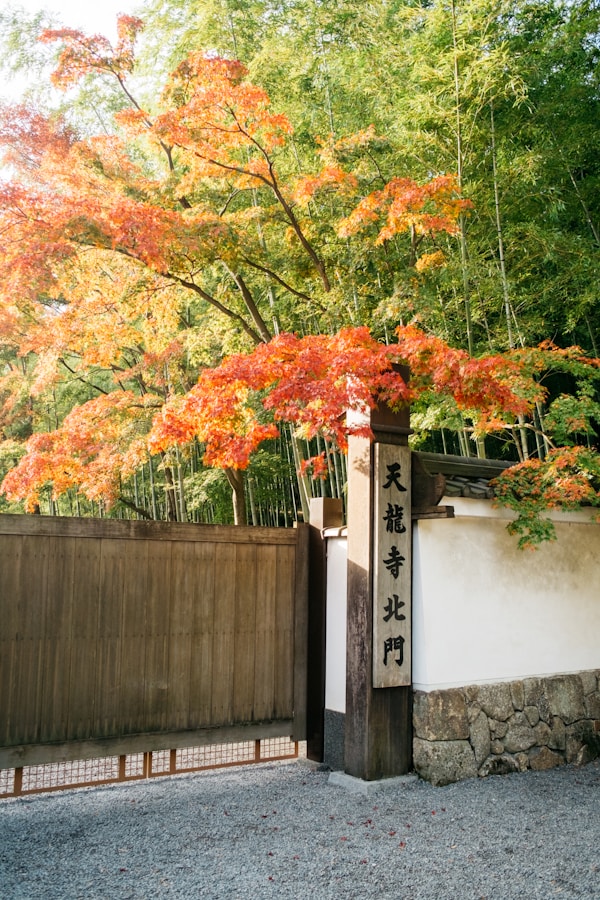.svg)
How to Register as the New Owner of a Japanese Home
.svg)
.svg)
.svg)

Learn how to stay organized during the closing process in Japan. Get tips on managing documents, timelines, and communication for a smooth, stress-free home sale.


Once you’ve accepted an offer on your home in Japan, the finish line is in sight—but there’s still work to be done. The closing process involves multiple steps, documents, and deadlines, and staying organized is key to ensuring everything goes smoothly.
Whether you’re selling a city condo, countryside house, or akiya (vacant home), this guide will help you stay on top of the details and avoid last-minute surprises.

Start by gathering all the documents you’ll need and keeping them in one place—digitally and physically if possible.
✔ Property Registration Certificate (登記事項証明書)
✔ Fixed Asset Tax Certificate (固定資産税納税通知書)
✔ Land Survey Map (地積測量図)
✔ Sales Agreement (売買契約書)
✔ Renovation or repair receipts
✔ Utility records and appliance manuals
✔ Personal ID (passport, My Number card, etc.)
Label and organize each file for quick reference during meetings or requests.
Closings in Japan typically take 30 to 60 days, so mark your calendar with key dates:
✔ Contract signing date
✔ Buyer financing approval deadline
✔ Judicial scrivener appointment
✔ Final payment date
✔ Handover date
Use a checklist or simple spreadsheet to stay on track—and share it with your agent if needed.
Your agent is your guide through the process, so keep communication clear and consistent.
✔ Confirm who’s responsible for preparing which documents
✔ Check in weekly for updates on progress or missing paperwork
✔ Ask them to prepare buyer handover documents (key list, manuals, etc.)
Avoid scrambling at the last minute by booking these early:
✔ Judicial scrivener meeting (for ownership transfer)
✔ Final property inspection or walkthrough
✔ Handover meeting with buyer
✔ Your bank appointment (if receiving funds by transfer)
If you’re overseas, assign Power of Attorney (委任状) to someone in Japan who can represent you.
Make sure the buyer receives a clean, well-prepared home.
✔ Remove all personal items and garbage
✔ Clean the interior and exterior
✔ Organize and label keys, remotes, and instruction manuals
✔ Leave a note or guide for any special appliances or systems
Work with your agent or accountant to finalize any financial details.
✔ Real estate agent commission (3% + ¥60,000 + tax)
✔ Stamp duty (based on sale price)
✔ Prorated fixed asset taxes
✔ Judicial scrivener fees
✔ Capital gains tax (if applicable)
Keep all invoices and receipts in your closing folder.
Last-minute delays or changes can happen. Stay calm and:
✔ Keep your phone and email accessible
✔ Be ready to sign forms or attend virtual meetings
✔ Confirm buyer progress and any bank-related steps
A well-organized seller helps build trust and keeps things moving.
Selling a home in Japan involves a number of moving parts, but with the right system and support, the process can be smooth and stress-free.
✔ Keep documents organized and timelines visible
✔ Communicate clearly with your agent and scrivener
✔ Prepare your home and paperwork in advance
At Old Houses Japan, we help sellers stay on track, informed, and confident throughout the entire process—from listing to closing. Need guidance for your upcoming sale? Book a call with our team today.
Start your journey with Luxey today! Sign up for free and get instant access to the best property listings.



